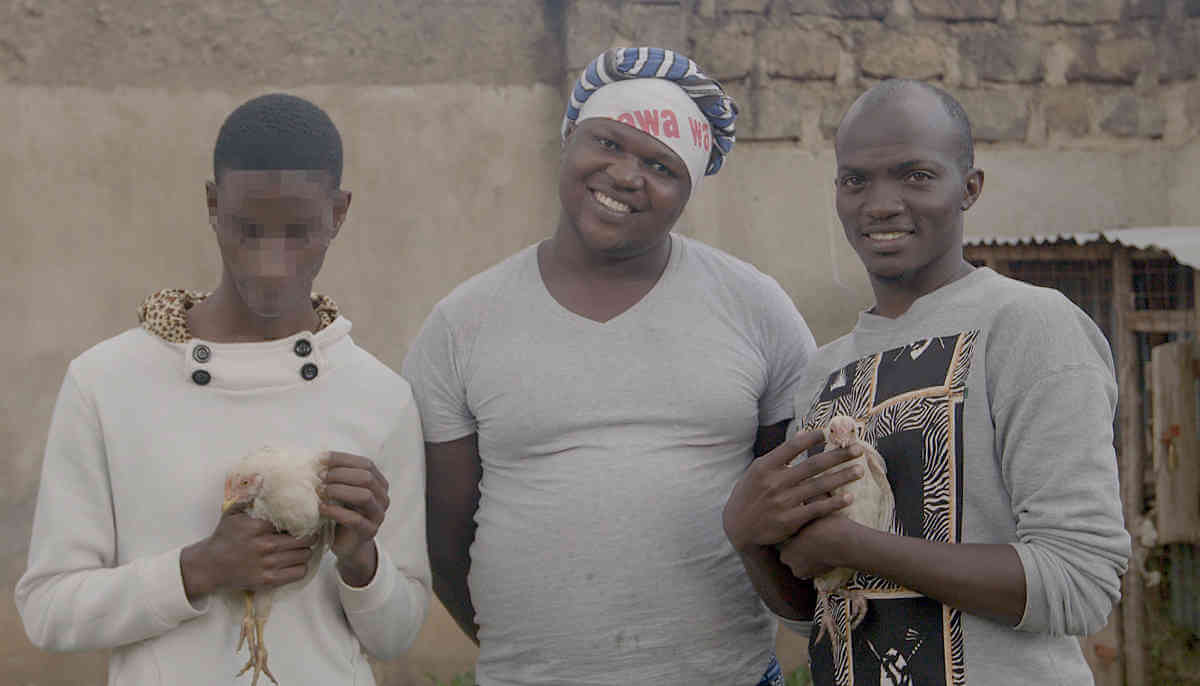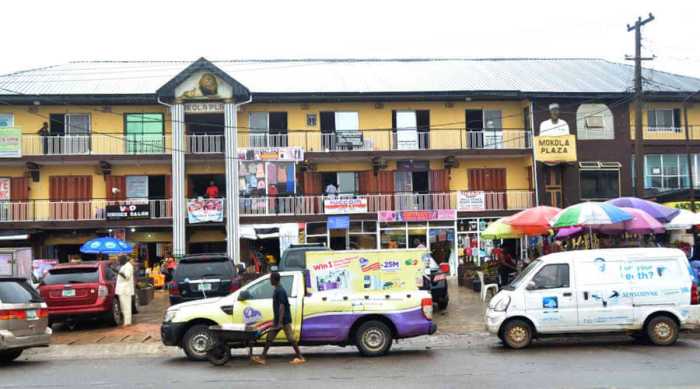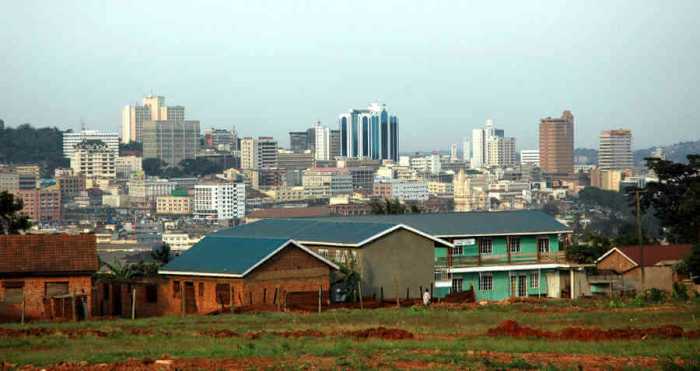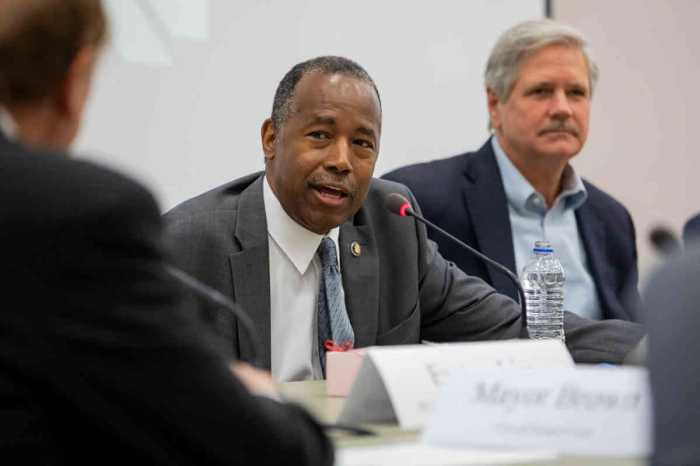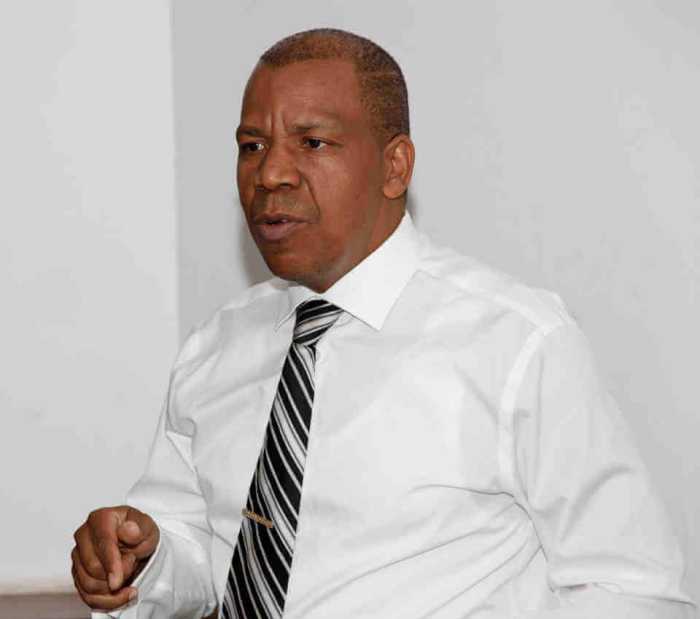A safe home. A prosperous work environment. Acceptance.
The transgender women who make up Matasia Trans Poultry Farming in Kenya aren’t asking for anything more than that.
Mawejje Sulah, Kasaali Brian Sseviiri, and Wasswa Chris hail from different parts of Uganda, where they managed to escape anti-LGBTQ persecution and are now stationed outside of Nairobi, Kenya, as part of a program overseen by the United Nations High Commissioner for Refugees (UNHCR).
In a matter of weeks they are slated to receive the funding they need to start up their poultry farming business they’ve dreamed about for years. They’ve been raising chickens since they arrived at their current location three years ago, and they know which supermarkets and restaurants they want to work with once they are able to begin selling meat. They have previously worked in the business and have been studying more about the industry in their free time.
But they’re not in the clear. The women have been stuck in a secure home with a fenced backyard, where they have been in hiding due to safety concerns in a fiercely intolerant part of the world. Even after fleeing Uganda, the trio came to realize that Kenya is also rife with vicious transphobia — and they have few resources or options at their disposal to improve their outlook. They are unable to work because they have been homebound, but the farming business would allow them to operate primarily from that property.
The women are among a bold and vibrant presence of LGBTQ folks across the African continent whose voices are often muted by repressive local laws dating back to European colonial rule and sustained by deeply conservative religious forces. Those religious forces are, in turn, nurtured in part by American religious right organizations that have shifted their focus to Africa after realizing that they have lost support at home in the US.
The women were first brought to Nairobi, the capital city of Kenya. The mistreatment they faced there was so severe that the UNHCR was forced to move them outside of the city to a rural area.
“As a way of keeping safe, one has to keep a low profile and keep indoors,” Sulah, who is one of the farmers, said during an interview with Gay City News.
Sulah and the other women in the house have had difficulty with the simplest of tasks. On the rare occasion that she is in public, Sulah has been unable to get local government officials to recognize her UNHCR-issued refugee papers. She was recently walking to a bus on her way home from a UNHCR appointment when she was stopped by police officers because she was walking in a feminine manner.
“They asked me if I am a boy or a girl,” she recalled. “I told them that I am a girl.”
Sulah then provided the officers with documentation, but that didn’t help. The officers told her that she was a boy and that she was one of the “disgraced homosexuals that fled Uganda.”
“They asked for a money bribe, which I didn’t have, and they beat me up,” she said.
The officers transported Sulah to a police station and interrogated her about why she was in Kenya. She was forced to spend a night in a men’s jail cell and was beaten by other cellmates before UNHCR attorneys rescued her.
The dangers apparent from that incident and the overall abuse the women have faced discourage them from leaving the confines of their home. They have to exercise caution even when they are in conversation with other refugees living in Kenya because those people often become suspicious and indirectly draw conclusions about why they left Uganda.
“People keep on asking, ‘Where are you from?’ They will ask, ‘Why are you from Uganda? There are no wars.’”
Most of the nearly half a million refugees who have flooded into Kenya in recent years have escaped war zones on the continent.
Sulah has a story heard far too often around the globe: She was abandoned and disowned by her Ugandan family, thus forcing her to sleep on the streets until a long-distance friend from the United States helped point her to refugee-related resources.
“I grew up in a strong religious family,” Sulah explained. “From when I was seven years old, I felt attraction to boys and used to wear my sister’s dresses. I thought I was possessed with demons. I prayed and I fasted, but I felt the same way.”
She said she felt alone and doubted herself.
“I wondered why I was born,” she said. “So I gave up.”
Sulah said she is not sure whether she or any of the others in her group will ever have the opportunity to move to a safer environment, and that the restrictions on their ability to go anywhere sometimes leaves them depressed.
“It’s very sad,” she said. “I can’t estimate when I will be able to leave Kenya.”
But the women’s immediate focus is on the imminent funding boost from the SPARK Fund, which is being provided by a partnership between an East African LGBTQ organization known as the Refugee Coalition of East Africa and All Out, a group that describes itself as a global movement for love and equality. The farmers were one of four groups to earn the funding they needed to get off the ground, and the SPARK Fund’s Facebook page includes a video about the women’s business plans.
The business will give the women sustenance and a purpose beyond the confines of their refuge after spending so much time in isolation, but they feel it will also benefit others.
“It will greatly help with the community,” Sulah said.
The women hope their business can grow to the point where they can help employ other LGBTQ refugees. Even with their own hardships, Sulah selflessly noted that there are many queer refugees who are suffering from HIV/ AIDS and have faced widespread discrimination and abuse.
“It’s not only for us,” she said. “We want to cut back on the number of refugees who are getting infected with HIV and dying of AIDS,” she said. “We want to help them survive by employing them.”

